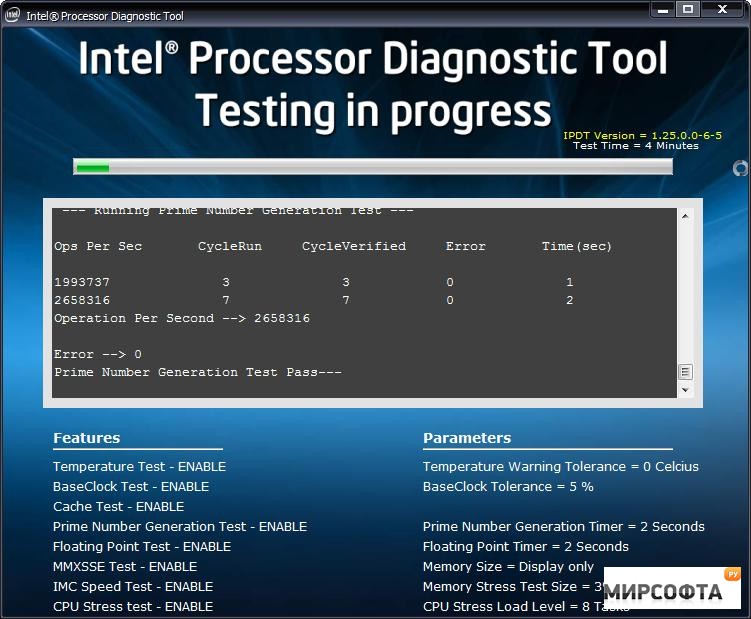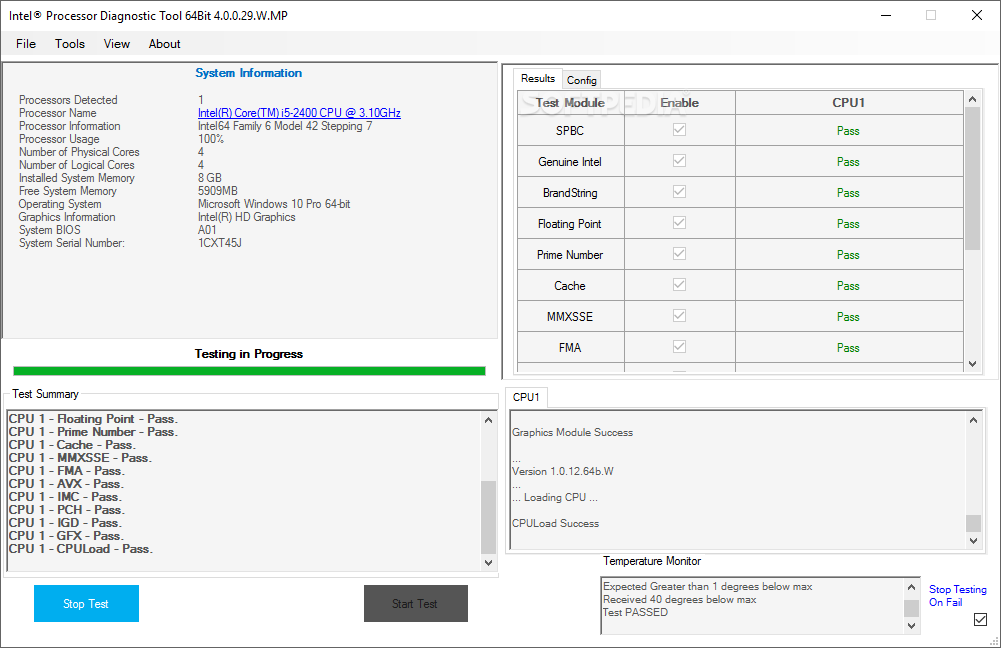

Intel has identified an issue that potentially affects the 6th Gen Intel® Core™ family of products. Shortly after the Serebrin/Beulic bug was found, a group of people found that running prime95, a commonly used tool for benchmarking and burn-in, causes their entire system to lock up.

If this CPU microcode hang had been found by one of these black hats, there would have been major carnage for most cloud hosted services at the most inconvenient possible time 2. If, buried deep in our infrastructure, we have a bit of code running at DPC that's vulnerable to slowdown because of some kind of hash collision, someone will find and exploit that, even if it takes a long and obscure sequence of events to make it happen. I'm actually really impressed by both the persistence and the cleverness of the people who spend their time attacking the companies I work for.

Black hats spend a lot of time trying to take down major services. Major cloud vendors were quite lucky that this bug was found by a Google engineer, and that Google decided to share its knowledge of the bug with its competitors before publicly disclosing. First, there was the bug found by Ben Serebrin and Jan Beulic, which allowed a guest VM to fault in a way that would cause the CPU to hang in a microcode infinite loop, allowing any VM to DoS its host. I don't keep track of Intel bugs unless they're so serious that people I know are scrambling to get a patch in because of the potential impact, and I still heard about two severe bugs this year in the last quarter of the year alone. We've seen a number of fairly serious CPU bugs and it looks like we should expect more in the future. Things haven't looked so great on the engineering/bugs side of things, though. Also, their fine for anti-competitive practices turned out to be $1.45B, much less than the benefit they gained from their anti-competitive practices 1. For a while, it looked like cloud vendors might be able to avoid the Intel tax by moving their computation onto FPGAs, but Intel bought one of the two serious FPGA vendors and, combined with their fab advantage, they look well positioned to dominate the high-end FPGA market the same way they've been dominating the high-end server CPU market. That growth has effectively offset the damage Intel has seen from the continued decline of the desktop market. They continue to be the only game in town for the serious server market, which continues to grow exponentially from the earnings reports of the two largest cloud vendors, we can see that AWS and Azure grew by 80% and 100%, respectively. Their quarterly earnings reports exceeded expectations every quarter. CPU bugs CPU bugs | I'm trying some experimental tiers on Patreon to see if I can get to substack-like levels of financial support for this blog without moving to substack!Ģ015 was a pretty good year for Intel.


 0 kommentar(er)
0 kommentar(er)
